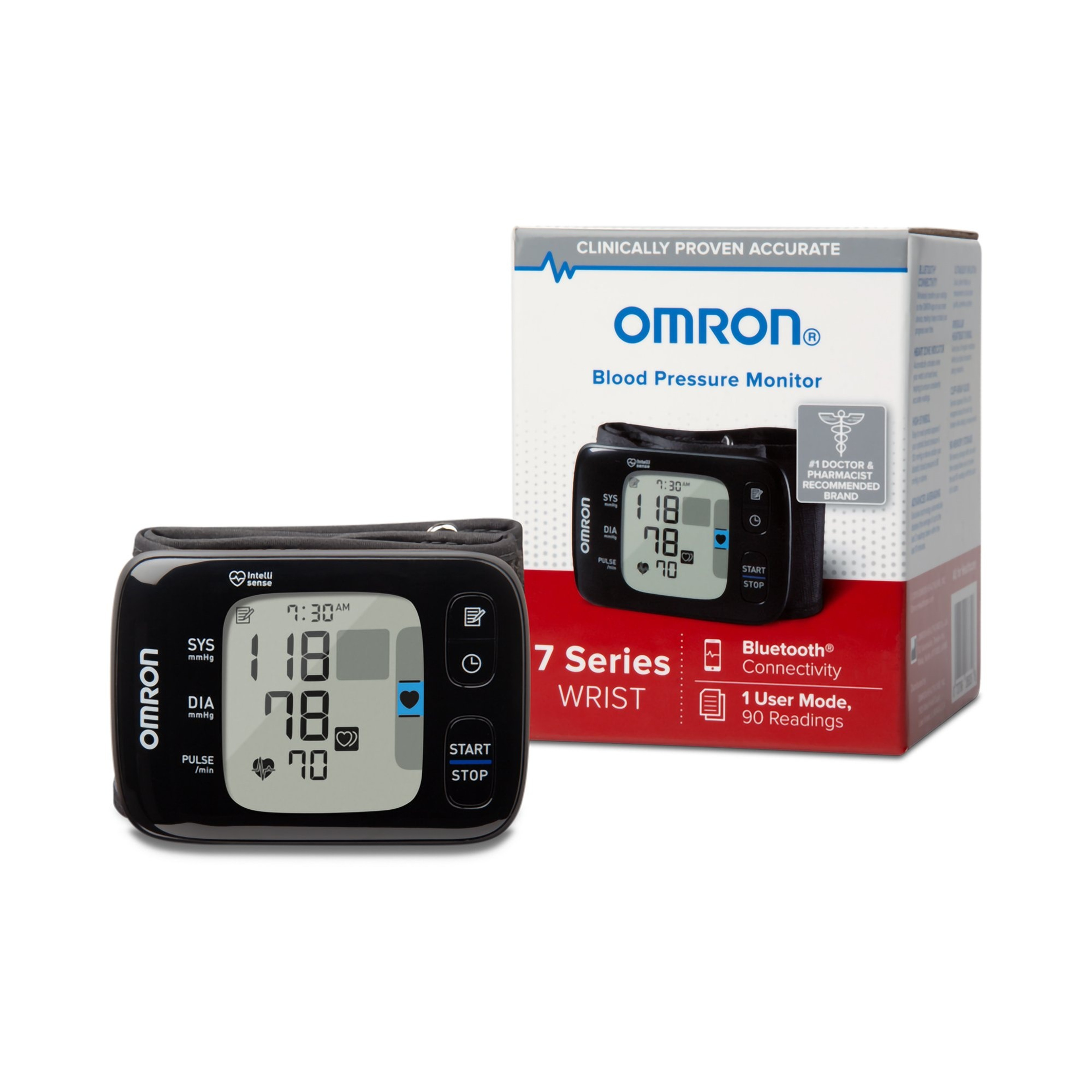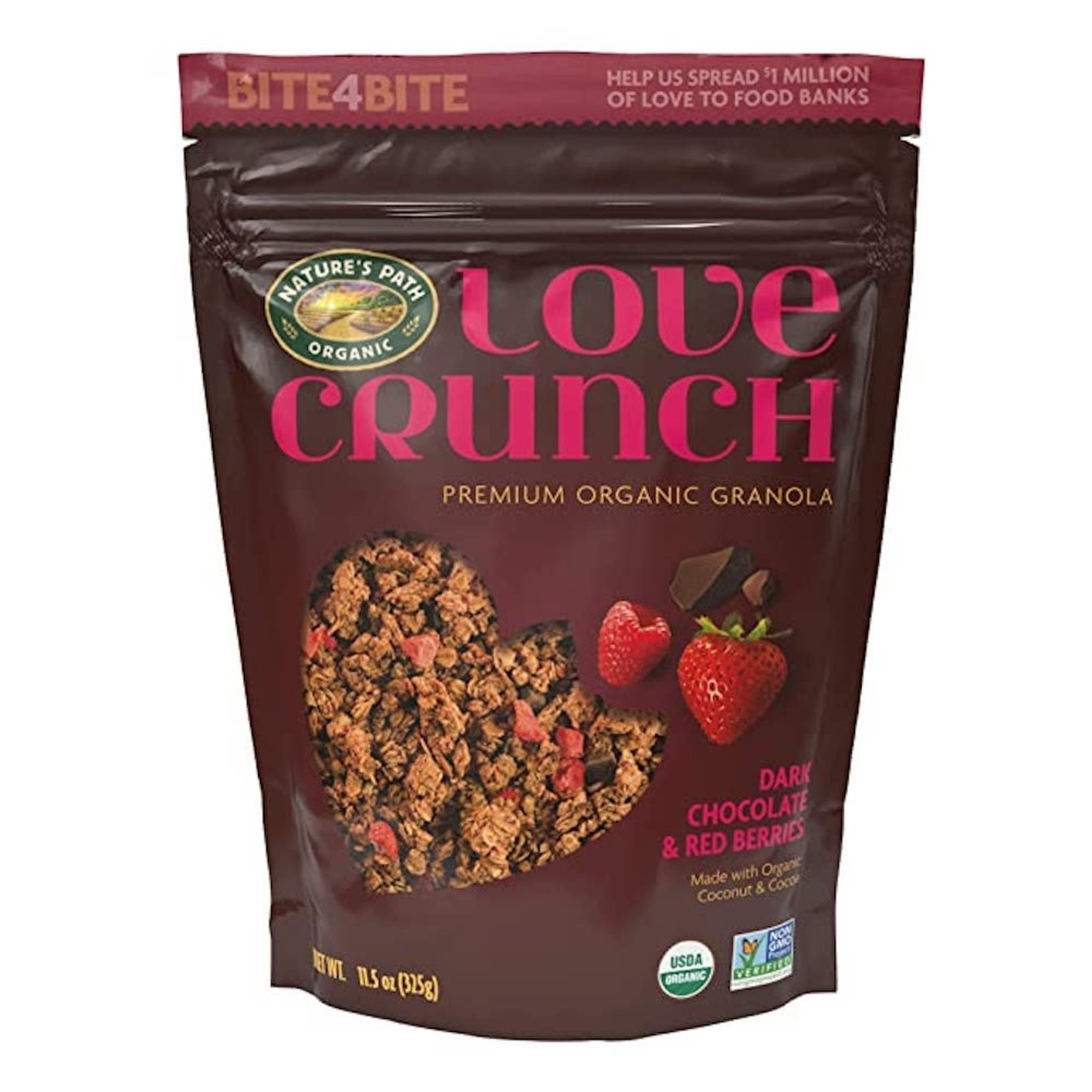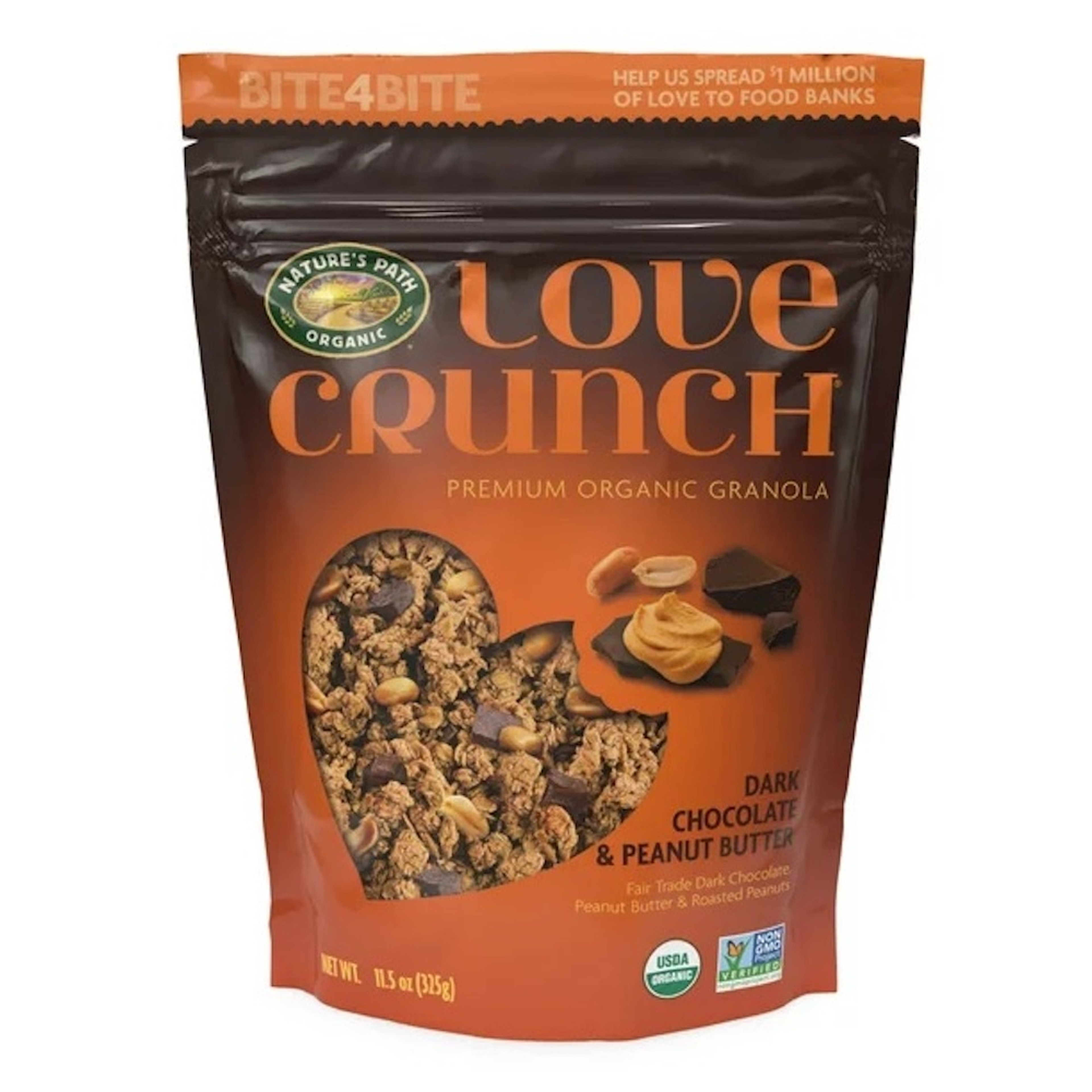The Best Foods for High Blood Pressure

Written by Chad Birt on Fri Oct 13 2023.

High blood pressure is challenging to manage, but a healthy, nutritious diet can be a boon to your success. Small dietary changes help keep your blood pressure from spiking and reduce your risk of severe complications, like heart disease and stroke.
Because many of our clients have high blood pressure or care for someone who does, we’ve created this guide to make grocery shopping and meal planning easier.
How Does Diet Contribute to High Blood Pressure?
The foods and drinks that you or your loved one consume contribute to high blood pressure in several ways.
“One of the main factors is sodium (salt) which is found in many processed foods,” explains Dr. Alex Foxman, MD, FACP, Medical Director at Achieve Health and Weight Loss in Beverly Hills, California. “Sodium makes your body retain water, which increases the volume and pressure of your blood. Another factor is saturated fat, which can clog your arteries and make it harder for your blood to flow. A third factor is sugar, which can raise your insulin levels and cause inflammation in your blood vessels.”
Therefore, it’s important to avoid certain foods, particularly those that are high in sodium, saturated fat, and sugar. This can be challenging if you’re used to splurging, but it isn’t impossible.
“A heart-healthy diet benefits everyone,” says Alex Shapiro, RDN, a registered dietitian and the founder of Real Nutrition NYC. “Instead of thinking you have to follow a strict set of guidelines, just think that most people who want to make healthy changes are following the same plan as you. Keep at it and you’ll realize how good you can feel!”
What You’ll Need:
If you or your loved one have been diagnosed with high blood pressure, Dr. Foxman recommends buying a blood pressure gauge. “This can help you track your progress so you can see how your diet and lifestyle changes affect your blood pressure,” he says. “It can also alert you to any spikes or drops in your blood pressure that may require your medical attention.”
For the best results, Dr. Foxman encourages you to check your blood pressure at least once a week.

Shop Blood Pressure Gauges on Carewell
The Best Foods for High Blood Pressure
1) Fruits and Vegetables High in Potassium
Potassium is an essential mineral your body needs to properly function. It’s especially beneficial if you have high blood pressure, because potassium helps relax your blood vessels.
“Several plants are high in potassium,” Shapiro says, including:
Bananas
Avocados
Beans
Potatoes
Dried fruit, like raisins and apricots
Beet greens
Broccoli
Spinach
Acorn and butternut squash
Another vegetable that can lower blood pressure: celery. “Celery contains a compound called 3-n-butylphthalide which relaxes the blood vessels and reduces the section of stress hormones,” Dr. Foxman says. “However, this doesn’t mean you should eat a bunch of celery every day; moderation is key. A few stocks of celery a day (about 4 ounces or 113 grams) can be beneficial for your heart.”
“Plants are always better than fried or processed foods,” Shapiro adds. “Eating two cups of vegetables two times daily is what I recommend. This will help you meet your nutrition goals and crowd out less healthy options.”
2) Lean Proteins
Plant-based snacks and meals are always best, but you don’t have to avoid meat altogether.
“Lean protein sources, including red meat, poultry, and fish are all fair game,” Shapiro says. “It just depends on how they’re prepared and the type of meat you are buying.”
Red meat
“When shopping for red meat, aim for grass-fed beef and leaner cuts,” she adds. Several cuts of beef are categorized as ‘extra lean’, including top sirloin, top round roast, and sirloin tip side steak.
Poultry
Poultry, like chicken, turkey, and guinea fowl, has significantly less fat than beef. However, the skin is loaded with saturated fat, so it’s best to remove it before cooking.
Seafood
“Seafood is an excellent option for people with high blood pressure,” Shapiro says. “However, the sodium can add up based on how it's prepared. For example, fresh sushi is generally heart healthy, but a teaspoon of soy sauce contains the daily recommended amount of sodium.”
3) Stay Hydrated
Healthy foods are only part of the equation in terms of lowering blood pressure. The drinks you consume also play a role.
Dr. Foxman says that several drinks promote a healthy heart, including:
Water
Herbal tea
Low-fat milk
Soy milk
Fruit juice (in moderation)
Fruit smoothies (in moderation)
“Water helps flush excess sodium and toxins from your body,” Dr. Foxman explains. “Herbal tea can have climbing effects on your nervous system and lower your stress levels. Low-fat milk or soy milk provide calcium for your bones and muscles and fruit juice and smoothies provide vitamins and antioxidants for your immune system and skin.”
Everyone’s hydration needs vary, but the U.S. Academies of Sciences, Engineering, and Medicine recommends about 15.5 cups of fluid per day for men and about 11.5 cups of fluid per day for women.
4) Dark Chocolate
Just because you have high blood pressure doesn’t mean you need to avoid sweets. Dark chocolate, in particular, can help support your ticker.
“Dark chocolate contains flavinoids which are antioxidants that improve blood flow and relax the blood vessels,” says Dr. Foxman. “However, this doesn’t mean you should eat a whole bar of chocolate every day; moderation is key. A small piece of dark chocolate (about 1 ounce or 28 grams) a few times a week can be beneficial for your heart.”
Shop Snacks with Dark Chocolate on Carewell
Maintain Progress with One (Or More) Nutritional Supplements
Eating healthy, nutrient-dense foods isn’t the only way to manage high blood pressure. You may also want to consider taking a nutritional supplement. Though everyone’s needs differ, Dr. Foxman notes several that can support your cardiovascular health, including:
Garlic lowers cholesterol and thins the blood
Omega-3 fatty acids to reduce inflammation and triglycerides
Coenzyme Q10, which improves energy production and heart function
Magnesium, which relaxes the blood vessels and muscles
Potassium, which balances sodium levels and fluid retention
Calcium, which regulates muscle contractions and nerve transmission
“Before taking any supplements, consult with your doctor to make sure they are safe for you,” Dr. Foxman says. Certain vitamins and nutrients can interact with prescription or over-the-counter medications, so it’s imperative you get your healthcare provider’s blessing first.
Consider A Specific Heart-Healthy Diet
Another easy way to keep your blood pressure within the healthy range is to eat a specific heart-healthy diet. Dr. Kurzman recommends several, including:
The DASH Diet (Dietary Approaches to Stop Hypertension)
The Mediterranean Diet
The Vegetarian Diet
The Vegan Diet
“These diets emphasize fruits, vegetables, whole grains, beans, nuts, seeds, fish, poultry, low-fat dairy products, and olive oil,” he says. “They also limit red meat, salt, sugar, and processed foods.”
Shapiro agrees, adding that “many individuals follow the Mediterranean DASH diet, which is based on high-fiber foods, like fruits, vegetables, whole grains, nuts and seeds, and healthy fats. Whole, unprocessed foods are ideal. This diet helps manage your sodium levels, decreases cholesterol, and promotes healthy digestion. Additionally, for many, it helps aid in weight loss. Research shows that lowering your body weight by 10% helps reduce blood pressure significantly.”
Have Questions About High Blood Pressure? We’re Here For You!
We regularly counsel family caregivers on food, drinks, and nutritional supplements. If you or your loved one have high blood pressure and have questions, we can help! Our friendly care specialists are available to help and speak English and Spanish. Call (800) 696-CARE or send an email to support@carewell.com today.
The Best Foods for High Blood Pressure - FAQ
1) What can I do to make the transition to a heart-healthy diet easier?
Transitioning to a heart-healthy diet can be challenging, but there are various things you can do to make it easier.
“You don’t have to make drastic changes overnight or cut out all of the foods you love,” says Dr. Foxman. “Start by making small changes, such as reducing your portion sizes, choosing healthier snacks or desserts, and switching to whole-grain bread instead of white. You get the idea. Small changes add up to big results over time!”
2) What foods should I avoid if I have high blood pressure?
There are several foods you should try and limit if you have high blood pressure, according to Shapiro. “Some of the biggest contributors to high blood pressure include cheese, bread, fried food, fast food, packaged food, frozen meals, pizza, salad dressing, and large chain restaurant meals.”
Again, you don’t have to avoid these things altogether, but it’s important to better manage their use.
3) How often should I have my blood pressure checked if I have high blood pressure?
Schedule a professional blood pressure screening at least once a year if you’ve been diagnosed with high blood pressure. The condition rarely presents symptoms, so it can get worse without you knowing. Annual doctor’s visits can provide peace of mind and help you stay on top of your cardiovascular health.
Other Articles You May Like
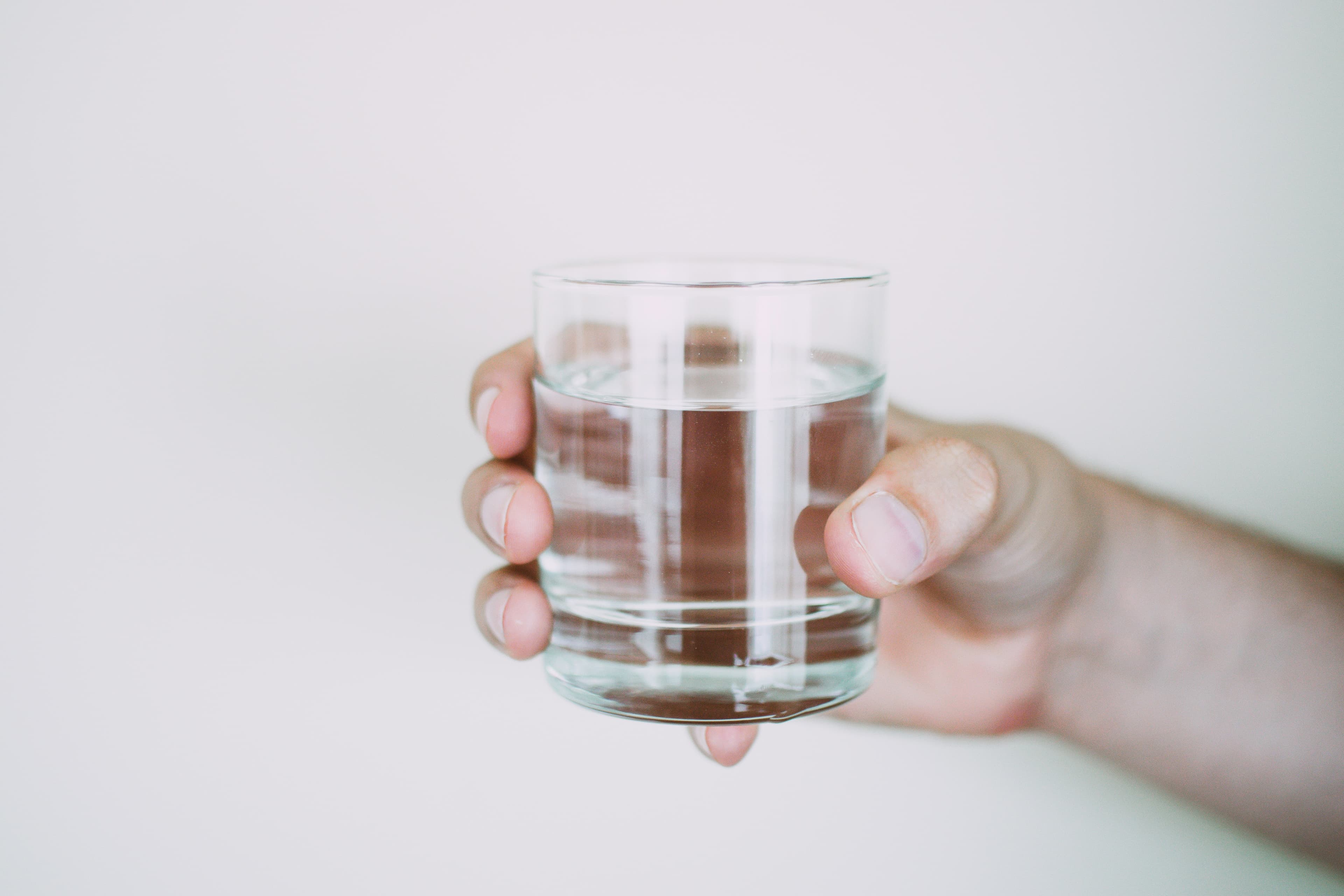
How to Drink More Water
Drinking water throughout the day is one of the best ways to maintain your health and support various bodily functions. The human body is composed of around 60% water, which contributes to different processes, like digestion, circulation, and temperature regulation.
Read More >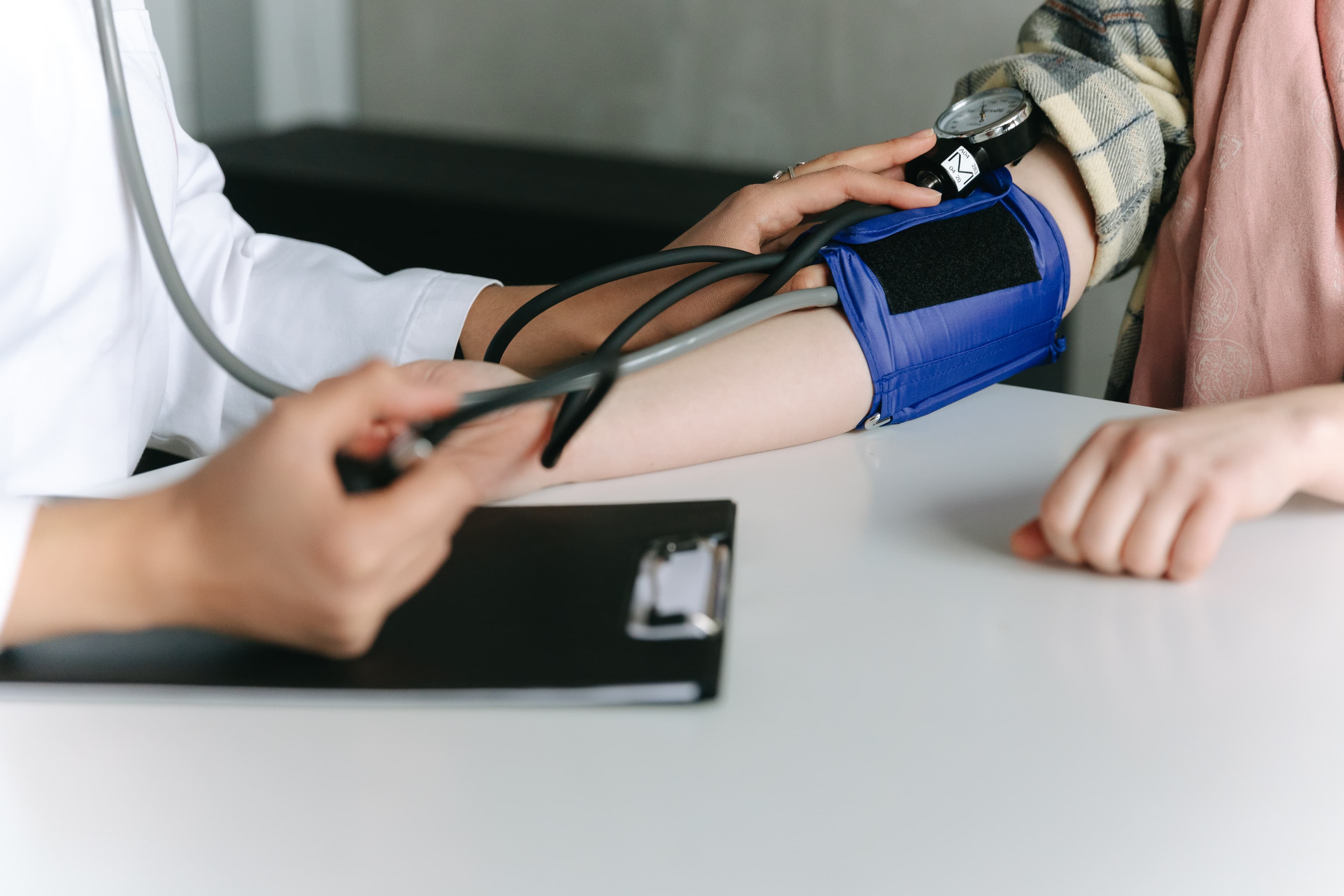
How to Help Low Blood Pressure
Low blood pressure (hypotension) occurs when your blood pressure stays at below-normal levels for extended periods. It’s less common than high blood pressure (hypertension) but affects up to 30% of people ages 70 and older.
Read More >
Chad Birt is a freelance medical writer who resides in Astoria, Oregon. When he isn't behind a keyboard, you can find him hiking, camping, or birdwatching with his wife Ella and their two dogs, Diane and Thoreau.
